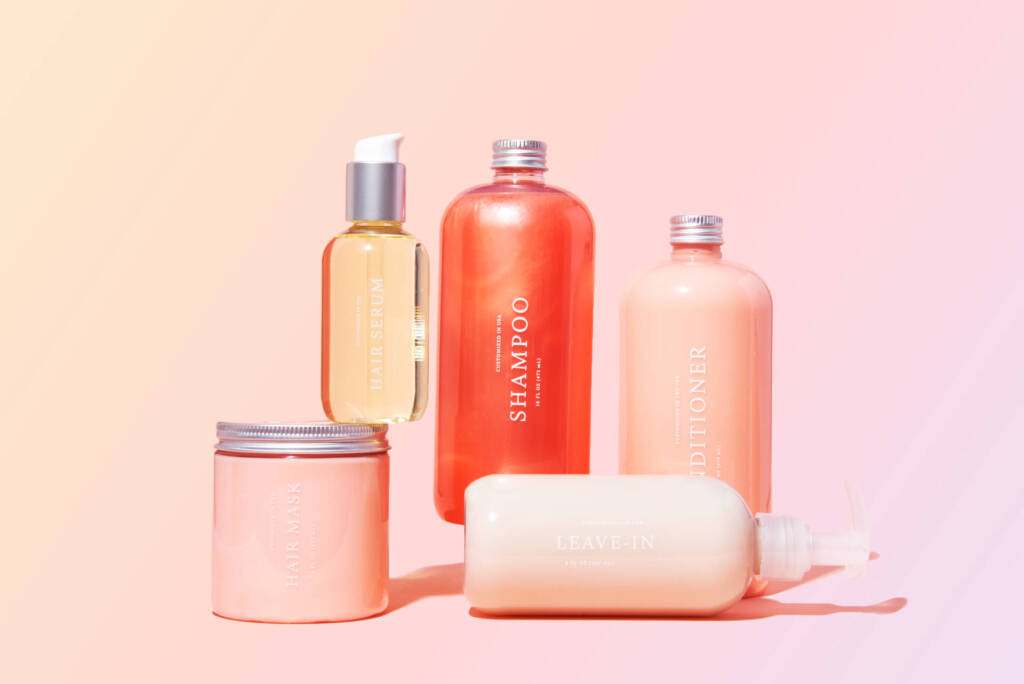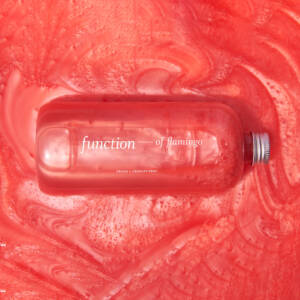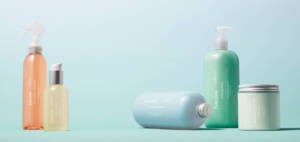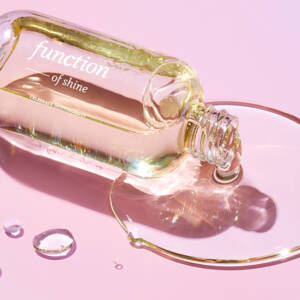With the rising popularity of ‘clean’ and ‘all-natural’ beauty products, one can’t help but wonder “are they all really what they claim to be?” As more and more brands branch out to the natural end of the spectrum, the perception that synthetic products are detrimental to our wellbeing grows. But is that always the case? No– and we’ve chatted with our head of Research + Development to get into the specifics.
What does it mean for a beauty brand to be “all-natural”?
Beauty brands are developing natural-based formulations using natural, naturally derived, and certified organic ingredients. Naturally-derived means that the starting material is natural. Many times these modifications are to enable a more stable natural ingredient – preventing oxidation, browning, etc. Many companies follow a global approved guideline for calculating its natural percentage.
Organic formulations fall into three categories, which are monitored under the USDA. For 100% organic, products must use only organic certified ingredients (excluding water and salt) – these products may use the USDA seal. To label a product organic, formulators must have a minimum of 95% certified organic ingredients (excluding water and salt), as well as a certification by a third party, such as Quality Assurance International (QAI) – these products may use the USDA organic seal. Products can say ‘made with organic ingredients’ if they contain greater than 70% certified organic ingredients – any product can use a call out organic certified ingredient. Both this approach as well as the 70%+ organic cannot use the USDA seal.
All-natural can sound like it equates to what’s best for the environment, but this isn’t necessarily true. On a case-by-base basis, all-natural ingredients can actually lead to less sustainable sourcing because of how much of that natural ingredient is needed, or the places in which and means in which it is harvested. At function, sustainability is a priority in the decision-making process for each ingredient.
A great example is our use of vegan squalane in custom skincare. Natural squalene is shark liver oil– an incredibly hard-working moisturizer that does not align with many beauty brands’ ethical standards. Instead, vegan squalane (made in a lab) combines olive oil, rice bran oil, and amaranth oil. It doesn’t occur on it’s own in nature, but it is better for nature.
What are natural ingredients?
Within the beauty market, there doesn’t seem to be a concrete definition for natural ingredients, as the United States Food and Drug Administration holds no strict regulations on what’s labeled “natural” or “all-natural.” It may seem obvious that natural ingredients are derived directly from natural sources – think water or coconut oil. In the age of transparency, most companies not only follow globally accepted guidelines, but also cite how they calculate its natural percentages. However, while all cosmetic ingredients are held to the same safety standards, regardless of them being naturally or synthetically derived, finding a truly natural beauty product in today’s market can be incredibly difficult, as most cosmetics oftentimes need specific synthetic preservatives to increase shelf-life and functionality. But is that a bad thing? A synthetically-derived or lab-made ingredient is not found and/or harvested directly from nature. However, an ingredient can also be considered synthetic if it was derived from nature and then processed or altered in a lab to create a more polished version of the 100% natural ingredient. For this reason, among many others, all-natural isn’t always the most beneficial option.
How does this differ from being “vegan” – is it the same?
Vegan beauty products do not contain any animal ingredients or animal-derived ingredients, such as beeswax, lanolin, and gelatin. While there are several vegan beauty brands who carry a wide range of cruelty-free products, it should be noted that some cosmetic ingredients that were tested on animals many years ago are vegan as they do not contain any animal products – some of these ingredients can also be synthetic. The European cosmetic directive banned animal testing on ingredients in 2013. This initiative led to the development of in vitro safety test methods. As a result, the industry has shifted away from animal testing.
At function, we ask our ingredient suppliers to validate their compliance of no animal testing. Additionally, we ask all of our ingredient suppliers to confirm that the ingredients in our formulations are vegan.
Is this different or the same as “clean” ingredients?
‘Clean’ beauty, while not regulated, is well defined by each company and visible to the consumer. Beauty products with a clean label often contain a long list of “free from” toxins and ingredients, such as sulfates and parabens. At Function of Beauty, we’re passionate about only using ingredients that actually deliver performance as well as help you achieve your hair, skin, and body goals without compromising safety. That’s why we use a combination of natural, naturally-derived, and responsible synthetics in our formulations. We know that the all-natural route is not always the safest or the best performing (due to its shorter shelf-life and environmentally disruptive roots), so strive to provide our customers science-based safe formulations focused on performance.
What does this mean for beauty, skin, and body products?
We maintain our finger on the pulse of ingredient developments in the cosmetic industry. Our hair, skin, and body products all contain a formulated mixture of natural, naturally-derived, and some synthetic ingredients. While we currently use over 106 natural ingredients in our formulations, we use carefully chosen synthetic ingredients for ideal performance and quality.
We know that all-natural products are not always the safest, the most-sustainable, or the best-performing. We also know that what’s lab-made is not always toxic. All of our products are free of sulfates and parabens, not to mention cruelty free and 100% vegan. That being said, Function of Beauty is not an all-natural brand. We, however, hold a high degree of naturality. Our principles lie heavily on only using high-quality ingredients that deliver performance without compromising safety. That’s why we use a combination of both natural and synthetic ingredients in our formulations – making your formula as hardworking as we can for both you and the environment.





